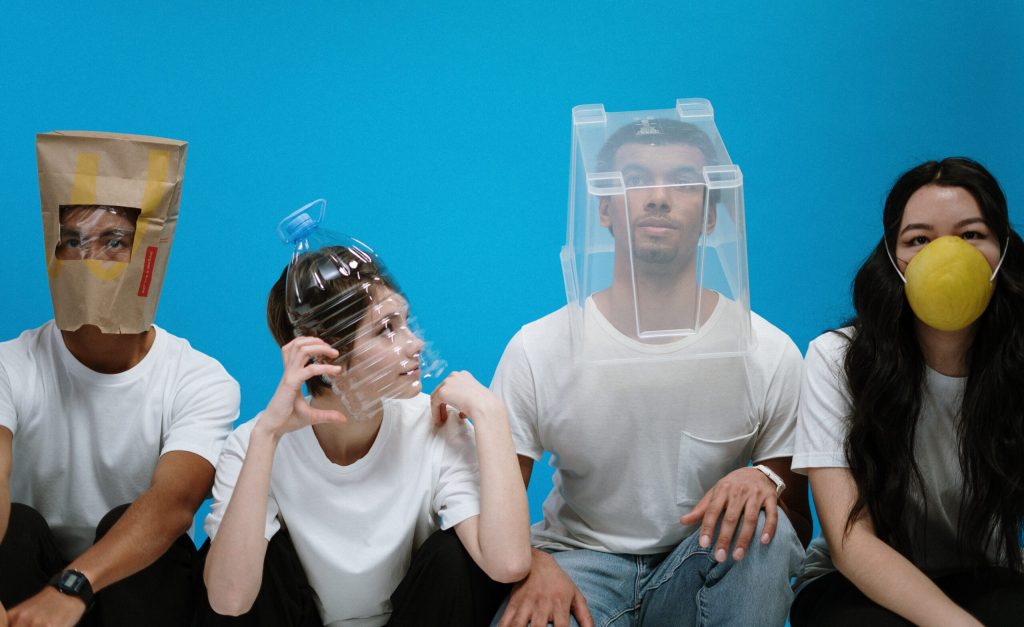Trivia: Why do we breathe?
Answer: To transfer the oxygen in the air to our bloodstream


Our body is quite durable. We can survive a few weeks without food, and under normal conditions, we will last a few days even without water. On the other hand, if we stop breathing, we will not last more than a few minutes. Why is that?
The reason is quite clear: our body has extensive food stores in the form of sugars and fats, and it also has a very efficient system for water recycling, but we have no excess oxygen beyond the oxygen present in the blood and tissues, and a small supply of oxidized red blood cells in the spleen.
We can stop breathing for short times without any problems, but brain damage will occur when the time extends to several minutes or seconds. We can survive a few minutes without oxygen by using the anaerobic system of producing energy from glycogen, but that doesn’t last beyond a few minutes.
This is because the human body has evolved to rely on aerobic respiration, which is far more efficient at generating large amounts of energy without producing dangerous byproducts.
The anaerobic energy production system is used during very powerful exertion in short bursts. For example, when sprinting for a long distance, the body has to use this system to give additional power. This lasts for 10 seconds or so, after which the body will rely on the aerobic system, which can produce energy for several hours, if necessary.
However, when the body is deprived of oxygen for too long, cells will start dying in large numbers. That’s why it’s so dangerous to be trapped underwater or buried in sand or snow without an adequate source of air. When you feel that your lungs are running out of air, your body is running out of oxygen to the brain, which will start dying after about 4 minutes.
If you hold your breath for 10-15 seconds and feel like you’re suffocating, then realize what just happened — you have already suffered damage to the cells in the hippocampus region of the brain, which is responsible for memory formation and spatial orientation.
Resuming breathing immediately may save your life, but the damage is already done. The longer you hold your breath, the more cells will be damaged or killed completely by lack of oxygen. If you manage to hold your breath for several minutes without passing out, then that means there has been extensive and irreparable brain damage.
In the short term, the effects of oxygen deprivation on the brain include vertigo, confusion, difficulty focusing or paying attention, and even hallucinations. These symptoms will be more severe if you hold your breath for longer periods or take other substances that depress activity in the central nervous system (such as alcohol).


